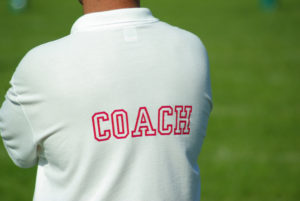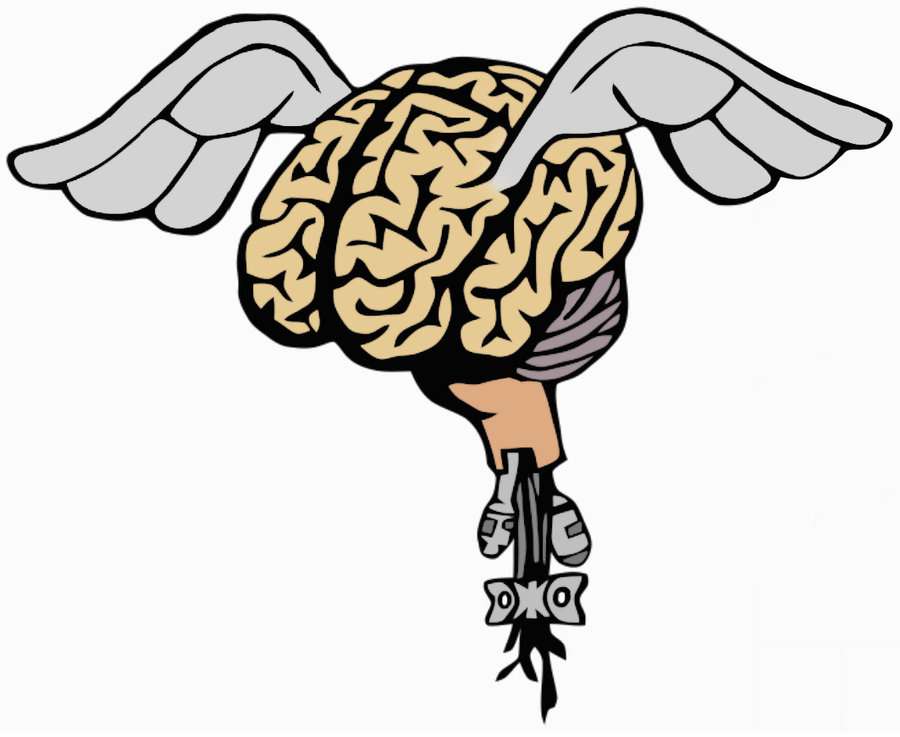There are two ways to look at the growing crisis of South Africa’s best and most promising rugby players heading overseas in droves.
The first is to rail against the immense drain on our stocks; the other is to shrug and accept that this is the reality of a free market system.
It wasn’t too long ago that South Africa was the skunk of the world. Now, we’re coupled to international finance markets – and their fluctuations – and handle our successes and failures as much as the next bunch. It’s how the world works.
South Africa is prone to rugby emigration more than most because we have a currency that is out of whack, a situation bedevilled by the peccadilloes of our politicians. It won’t end any time soon either, so the faster we devise a method of retaining talent (unlikely) or harnessing offshore players (more likely) the better it will be for a game struggling for answers.
There’s big cash to be earned overseas, so it isn’t the most difficult decision for a youngster to make.
The big worry, though, shouldn’t be just about the haemorrhaging of talent. There’s still much to go around, although the stocks are fast diminishing. The concern is who is left to bang it into shape?
It’s an open secret that Allister Coetzee is on borrowed time, having lapsed from merely copping criticism to becoming a figure of caricature. There’s no coming back from this.
There is no obvious successor, no lieutenant to pick up the pieces once he shuffles off.
Compare this with New Zealand where at least half a dozen coaches could comfortably step in and take over from Steve Hansen without a discernible drop in standards. Their excellence, you see, runs to coaching as much as it does to playing.
 If our energies and worries have been directed at bewailing the loss of so many top players, it somehow hasn’t been repeated for the heaps of top coaches who have left in recent years. The know-how and rugby intelligence that has shipped off is staggering.
If our energies and worries have been directed at bewailing the loss of so many top players, it somehow hasn’t been repeated for the heaps of top coaches who have left in recent years. The know-how and rugby intelligence that has shipped off is staggering.
It’s a long list that includes Johan Ackermann, Jake White, Gary Gold, Johann van Graan, JP Ferreira, Alan Solomons, Dawie Theron, Frans Ludeke, Andre Tredoux and Jimmy Stonehouse.
The flourishing Japanese market has proved a draw for the majority, but Ackermann is earning his oats in the UK where his Gloucester team currently lie second in the Premiership against the odds.
And Gold will soon be taking up residence in the US where he is sure to cross paths with Andre Snyman, the former Springbok now working with the Glendale Raptors in Colorado.
All these names represent an enormous reservoir of rugby intellect, an intellect swelled by embracing new markets and methods. The hope, recently articulated in Ackermann’s move to the south of England, is that these coaches take lessons on board and then return to share what they have learned.
AAll these names represent an enormous reservoir of rugby intellect
After Johan Erasmus’ recent stint at Munster, where he was very successful, expectations are that he will be a sharper coach than when he left SA. As SA’s new director of rugby, he’ll be the man an army of local coaches will look to in the months and years to come.
But what of those who don’t come back? No-one is banging on White’s door and Solomons has been gone for over a decade. What happens to their intellectual capital?
Happily, the insular belief of the Boks needing a local coach is fast receding, especially with no obvious candidate in the wings. Years ago, former All Black coach Laurie Mains had success with the Cats and John Mitchell, also a former NZ coach, now has an office at Loftus Versfeld. Fans care less about the colour of their passport than their win percentage.
Given South African rugby’s great import and heritage, every effort should be made to secure the best international coach available.
Springbok coach is not a job for softies. The candidate should have a history of building, planning, managing and innovating. He must be a proven winner, a man with gravitas and respect. Nationality is unimportant.
It will be an ambulance job, too, with the World Cup less than two years away.
Bravery might be the most important requirement. – © Sunday Tribune

